The heavy-handed police response to protestors who held a vigil for 33-year-old marketing executive Sarah Everard has sparked a national debate over the Police, Crime, Sentencing, and Courts Bill, (also sometimes referred to as the Crime Bill or Police Crime Bill).
The Bill places further limitations over the right to protest and peaceful vigils.
Following the police response to vigils over the murder of Sarah, more attention has been focussed on the potential implications of the Bill.
Who Was Sarah Everard?
Sarah was a woman in South London who disappeared while walking home to Brixton. A police officer was arrested on suspicion of murdering her.
The officer, Wayne Couzens, was arrested on suspicion of kidnapping, along with a woman in her 30s who was arrested on suspicion of assisting an offender.
Couzens, who had been with the Met for two years, had first been posted in South London and was most recently serving in the Parliamentary and Diplomatic Protection Command, the unit tasked with protecting the UK’s Parliamentary estate and embassies in London.
According to reports in The Guardian and the NYT, Couzens is also suspected of indecent exposure in a separate incident—which the police watchdog is now investigating.
Announcing the arrest of Couzens, the Met assistant commissioner Nick Ephgrave said, “This is a serious and significant development in our search for Sarah, and the fact that the man who’s been arrested is a serving Metropolitan police officer is both shocking and deeply disturbing”.
The disappearance sparked protests in the wake of her death and led to police officers violently clashing with female protestors.
Images of burly officers handcuffing women who gathered Saturday night to demand authorities do more to protect them has fueled anger about heavy-handed policing and raised concerns about plans to expand the government’s ability to restrict protests under the Police and Crime Bill.
While the Bill does extend sentences for serious, violent offenders and toughens penalties for those convicted of defacing statues.
However, opponents of the law claim that in reality, the Bill does little to protect women.
The Labour Party called on the government to “stop talking”, toughen penalties for rapists and take action against street harassment and stalking. The party has directed its lawmakers to vote against the Crime Bill, noting that women are not even mentioned once in its 296 pages.
David Lammy, Labour’s spokesman on justice, said: “This is a missed opportunity to tackle violence against women and girls that has become endemic in the UK.”
What Is The Police, Crime,Sentencing and Courts Bill?
The Police, Crime, Sentencing and Courts Bill will be debated by MPs this week.
Part 3 and 4 of the Crime Bill gives the police to tackle the vaguely defined ‘unauthorised encapments’, which not only includes protesters, but also gives police the powers to break up gypsy, roma and traveller camps.
It aims to widen the range of conditions the police can impose on static protests, including how much noise is acceptable.
According to Home Office minister Victoria Atkins, the police and crime bill ‘updates’ the Public Order Act and drew a distinction between peaceful protest and “activities which inhibit the lives of people.”
It essentially gives scope for police to ban any gathering which could potentially be deemed as ‘annoying.’
The law also expands the “controlled area” around Parliament where certain protest activities are prohibited. It would also add obstructing access to the Parliamentary Estate to the activities prohibited in the “controlled area”.
What Aspects Of The Police and Crime Bill Are Controversial?
Human rights advocates, protesters and opposition leaders have campaigned against Part 3 and 4 of the Bill (described above).
While the Bill would also lengthen sentences for violent sexual offenders, it also limits protesters and gives police enhanced powers to break up gatherings.
A Change.org petition asking for Part 3 of the crime bill to be scrapped has generated more than 6,000 signatures.
Gracie Bradley (the Director of Liberty) says the provisions concerning protest will “undermine protests, which is the lifeblood of a healthy democracy”.
She explained: “Yes, it can be limited for certain reasons, but those limitations have to be necessary and they have to be proportionate. And what we saw was a wholesale failure of the Met to uphold that duty, to facilitate protest and to actually listen to what protesters were saying, which is that we don’t feel safe in public space.”
During the vigil for Sarah, hundreds of protesters gathered in London’s Parliament Square to pay tribute to Everard. Holding signs such as “Protect your daughter: Educate your son,”, and “Blame rapists not victims” they held a vigil before police stormed the protests.
Smaller vigils were also held in other cities across the country, including Leeds.
The heavy-handed crackdown against the vigil for Sarah Everard has only drawn more criticism and concern over the potential implications of the Police, Crime, Sentencing and Courts Bill.
Aftermath of The Sarah Everard Murder
The front pages of Britain’s Sunday newspapers were filled with pictures of police confronting female protesters.
Many featured photos of a protester, Patsy Stevenson, 28, being wrestled to the ground and handcuffed by officers.
“The fact that the police turned up was just disgraceful, because before then it was a peaceful protest,” Stevenson told the Times of London.
Dania Al-Obeid, who was detained at the bandstand on Clapham Common, said she was frustrated by the police response.
“We felt we were silenced,” she said. “And this could have been avoided if there was some understanding and compassion to the trauma that women feel every single day.”
Police officers are facing a growing wave of scrutiny following their aggressive disbanding of the vigil.
Footage of officers pulling women off the bandstand, handcuffing them and pinning some to the ground has sparked fury across the country, as well as calls from local and national leaders for investigations into the police’s actions.
It has also led to calls for Police Commissioner Cressida Dick to resign. She has so far resisted such calls.
Instead, she told reporters: “This is fiendishly difficult policing, but also I’m sure for the people who wanted to express their feelings, that was a difficult situation for them.
“And that’s why it needs a cold light of day, sober review, and I think we’re all agreed on that.”
Prime Minister Boris Johnson on Monday called a meeting of his Crime and Justice Taskforce, including government ministers, senior police officers and prosecutors, to discuss the issue of women’s safety. Among the items on the agenda is a recent decline in successful prosecutions for rape and sexual assault.
Akashic Times is the UK’s only online, fully independent not-for-profit newspaper that brings you real news from across the globe.
If you want to keep ahead of what is really going on in the world, subscribe to our newspaper via the subscribe button and join our Facebook & Twitter pages. Subscription is completely free ofcourse


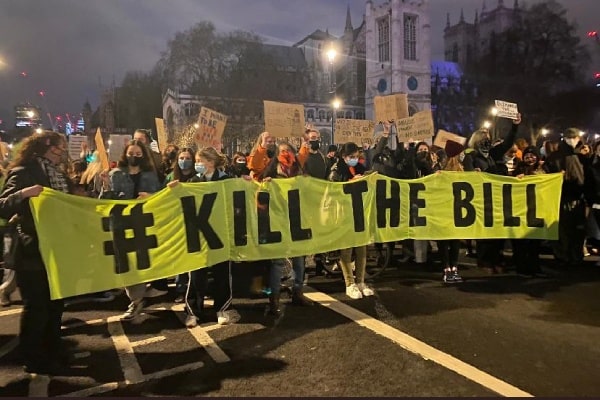
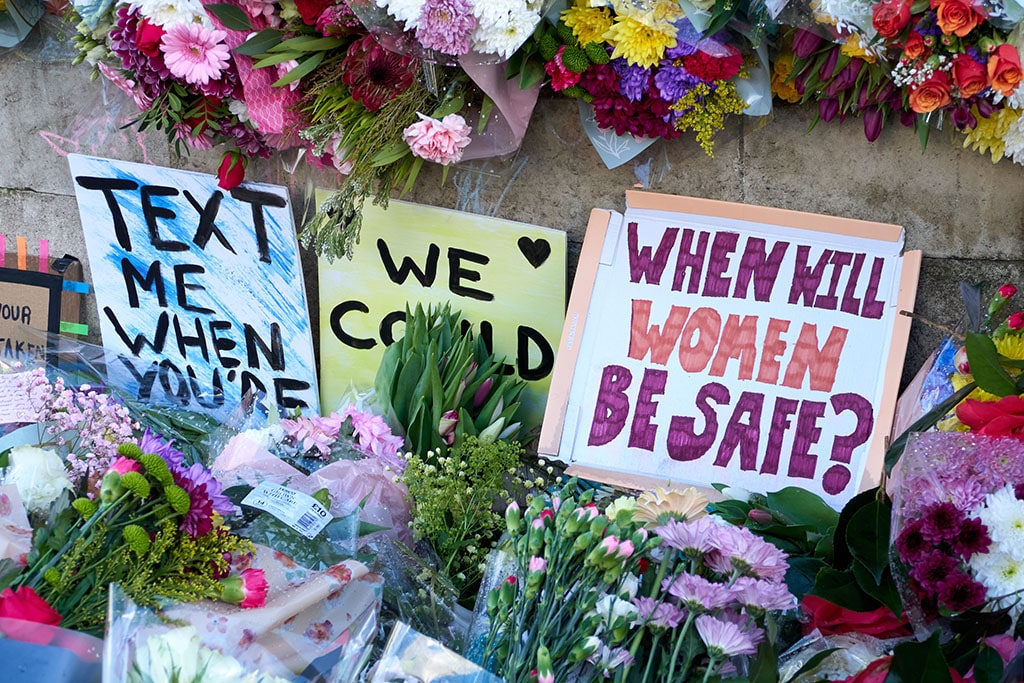
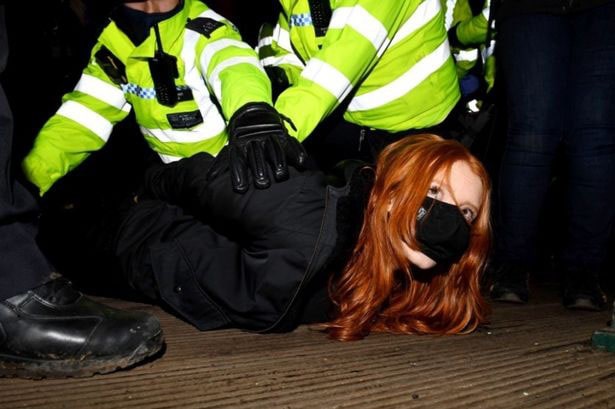

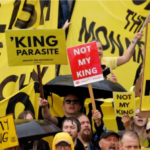



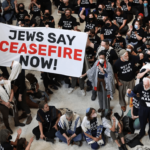














Follow Us!